School of Nursing Advances Cardiovascular Health Through Research, Practices, Education
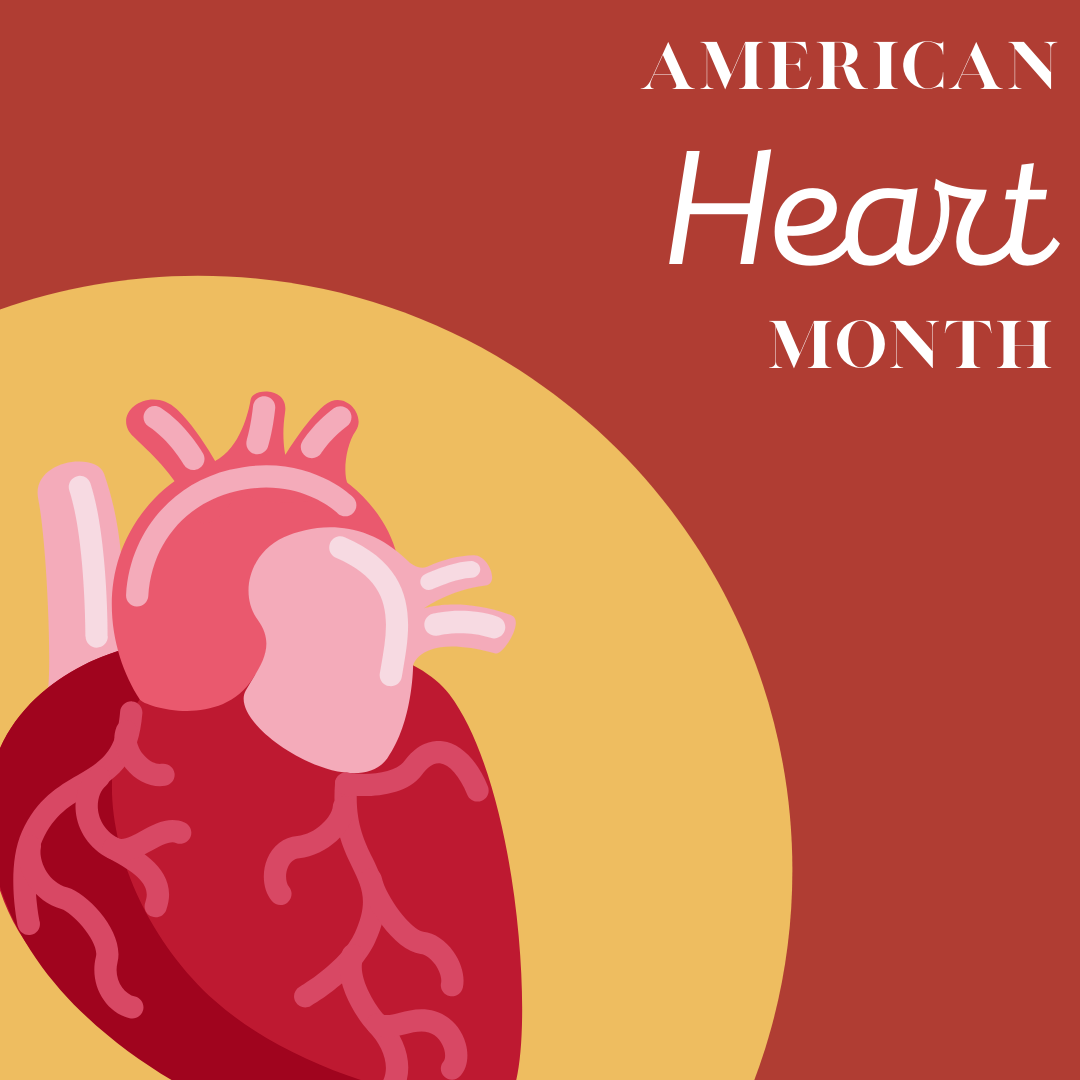
For almost a century, heart disease has been the leading cause of death and a leading cause of disability in the United States. Heart or cardiovascular disease covers several conditions. In the U.S., the most common of these is coronary artery disease. This condition affects how blood flows to the heart and can lead to a heart attack.
In 1963, President Lyndon Johnson proclaimed February American Heart Month to make Americans “aware of the medical, social, and economic aspects of the problem of cardiovascular diseases, and the measures being taken to combat them.” Later, the first Friday of February was proclaimed National Wear Red Day to highlight the impact of heart disease on U.S. women. Heart disease is the leading cause of death of women, particularly African American/Black and white women.
Because it affects people of any age, sex, race, and background, many organizations continue to research, prevent, and treat cardiovascular disease. Across the Duke University School of Nursing, students and faculty members are putting forth nurse-led models of care, extensive expertise, educational opportunities and clinical practice to advance cardiovascular health:
- Five faculty members are active cardiology practitioners and researchers, bringing nursing students real-world experience from the bedside and the bench. Learn more about these faculty members below.
- MSN and DNP students can pursue a cardiology specialty, one of only four in the country. Learn more about the Duke Nursing cardiology specialty.
- Relevant, cutting-edge, and patient-centered cardiologic content is included in all degree programs. The Center for Nursing Discovery , a state-of-the-art simulation center, provides a variety of instructional methodologies to support the program including EKG interpretation workshops, telemedicine for guideline-directed medical therapy titration, high-fidelity simulation for acute myocardial infarction, and practice with interprofessional consults.
- Several DNP and PhD candidates are engaged in research projects to study cardiovascular disease.
“Cardiovascular disease is still the number one cause of death in the country,” Margaret Midge Bowers, DNP, RN, FNP-BC, CHSE, AACC, FAANP, FAAN, associate professor, said. “When I started as a nurse practitioner 22 years ago, the mortality rate for heart failure was 50% at five years. It’s still close to that now.”
Bowers, who is the lead faculty for the Cardiovascular Specialty, acknowledges that nurses are vital to changing the trend.
“The more nurses that specialize in cardiology, the more impact we can have from advanced practitioners at the bedside, in outpatient clinics, in home health—all across the continuum of care. That's the best way to help people reduce their risk and improve their outcomes,” she said.
Faculty Spotlights
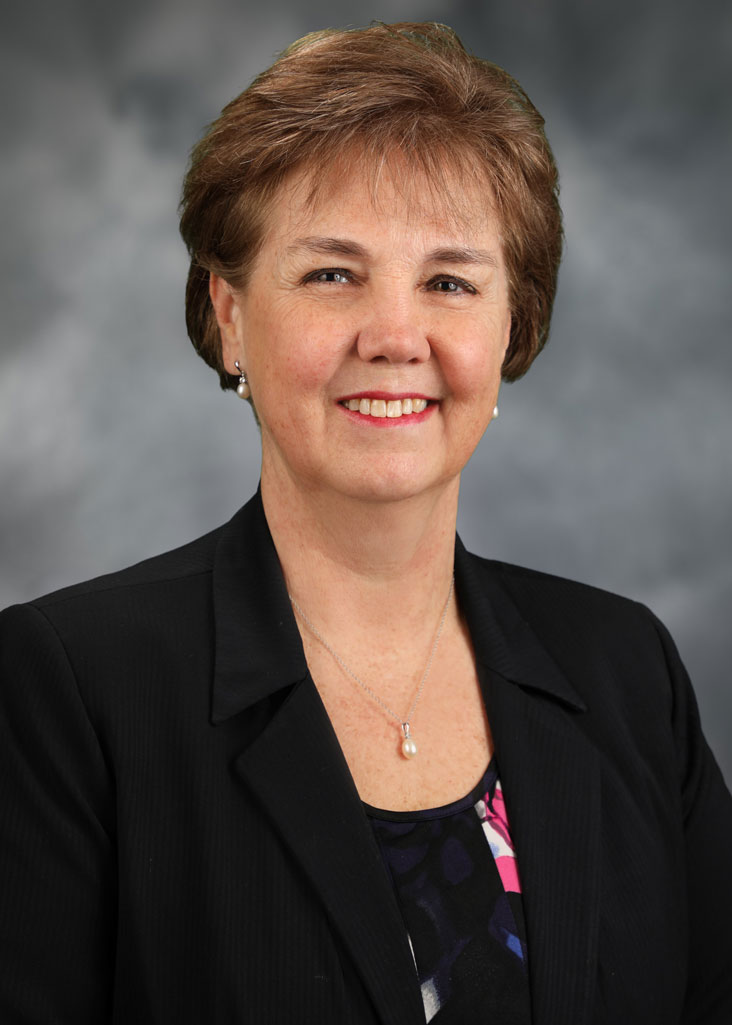
She/Her/Hers
Associate Professor & Cardiovascular Specialty Lead Faculty
Nurse Practitioner, Heart Failure Same-Day Access Clinic
In the final semester of my nursing program, I worked on a cardiac telemetry unit and became fascinated with the physiology of the heart. In my career, I’ve cared for patients across the care continuum—in a Cardiac Intensive Care Unit, outpatient cardiac rehab, critical care air and ground transport, cardiology clinic, and skilled nursing facilities.
These settings allow cardiac nurses to learn about cardiovascular disease while caring for diverse patient populations in acute, primary, and long-term care settings. The dynamic nature of cardiology research and evolving clinical practice guidelines provide are one of the many reasons I see a future where the focus of my care is on health promotion and disease prevention rather than treatment.
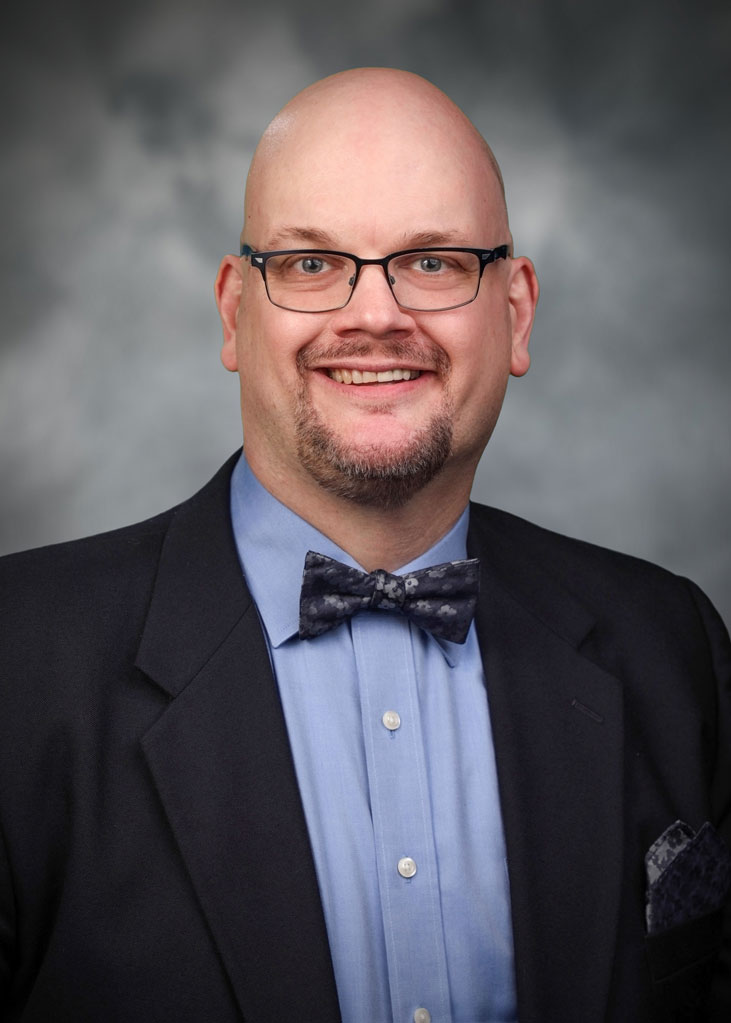
He/ Him/ His
Assistant Clinical Professor
CNIII 7 West Cardiothoacic ICU
As a nursing student in 1988, I worked as a professional nursing assistant in cardiology under a dynamic nurse manager, Barry Hawthorn, who mentored me. I ended up staying on the unit as a new graduate nurse. Later in my career I went back to the bedside in Cardiothoracic Intensive Care Unit (CTICU) in Duke Heart while working on my MSN and PhD degrees. Once again, the dynamic nursing leadership of Drs. Jill Engel, associate vice president heart services, Mary Lindsay, Duke Heart Center associate chief nursing officer, and Kelly Kester, clinical operations director for heart services, cultivated my current success in becoming an assistant clinical professor here at DUSON.
I still enjoy the bedside experience in the CTICU and working with end-stage heart failure patients needing surgical interventions. Technology in this population has exponentially increased over the past decade with the advancement of ventricular assistant devices and extracorpeal membrane oxygenation. These devices have helped individuals with end-stage heart failure to achieve better patient outcomes including heart transplantation. Many nurses starting out will immediately discover the many opportunities for the bedside nurse in terms of clinical practice, education, and leadership. For me, it is the people, patients, family members, nurses and physicians, all collaborating to advance the quality of life for anyone suffering from advance heart disease. The Heart Center is where innovation is fostered and celebrated.
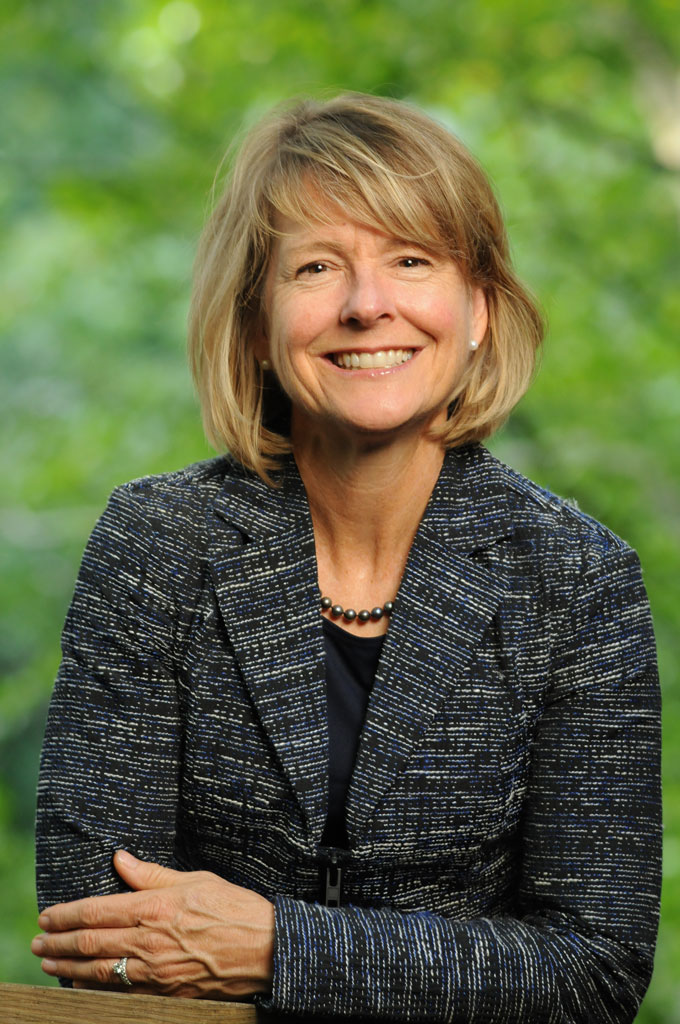
Professor
Director, Duke Heart Center Nursing Research Program
Core faculty, Duke-Margolis Center for Health Policy
Bradi has extensive clinical experience in cardiovascular nursing and is an active member of organizations such as the American Heart Association. Her research scope in this area has included contributing to efforts on a palliative care in heart failure trial and to improve advanced practice provider knowledge and assessment of medication adherence in patients with cardiovascular disease.
Currently, she is leading a project with Holly Biola, MD, of Lincoln Community Health Center, that is using community-based intervention to identify and reduce disparities and inequities among women with high blood pressure to help more women control their hypertension; the project is supported by the Alpha Phi Foundation’s generous Heart to Heart Grant.
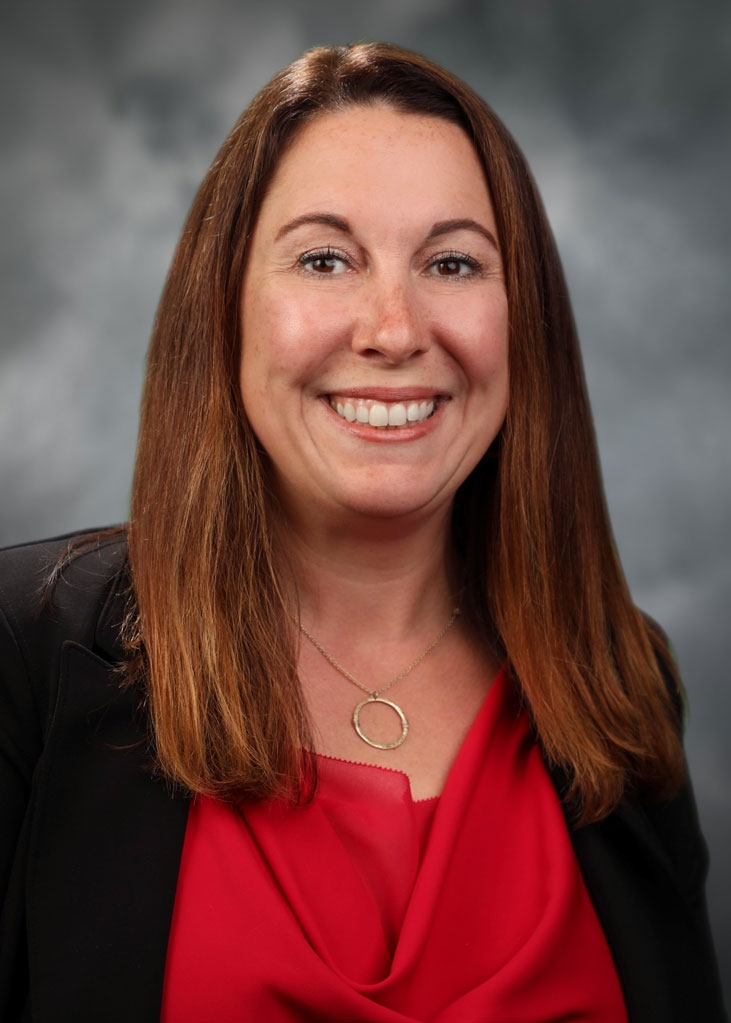
She/Her/Hers
Assistant Professor
Cardiology has always been fascinating to me. I loved caring for patients with cardiac complaints as an emergency nurse when I first started my career. When I decided to expand my scope of practice and passed my nurse practitioner certification exam, I knew I wanted to pursue my clinical practice in the field of inpatient cardiology.
In addition to my love for cardiology, I also share a passion for interprofessional collaborative practice. I am so grateful to work with an amazing collaborative team of health care providers who strive to provide high-quality evidence-based cardiac care to patients. Patients with complex cardiology disorders benefit significantly from a team-based approach. I feel so fortunate that these passions intersect and allow me to advocate for and positively impact patients and their families.
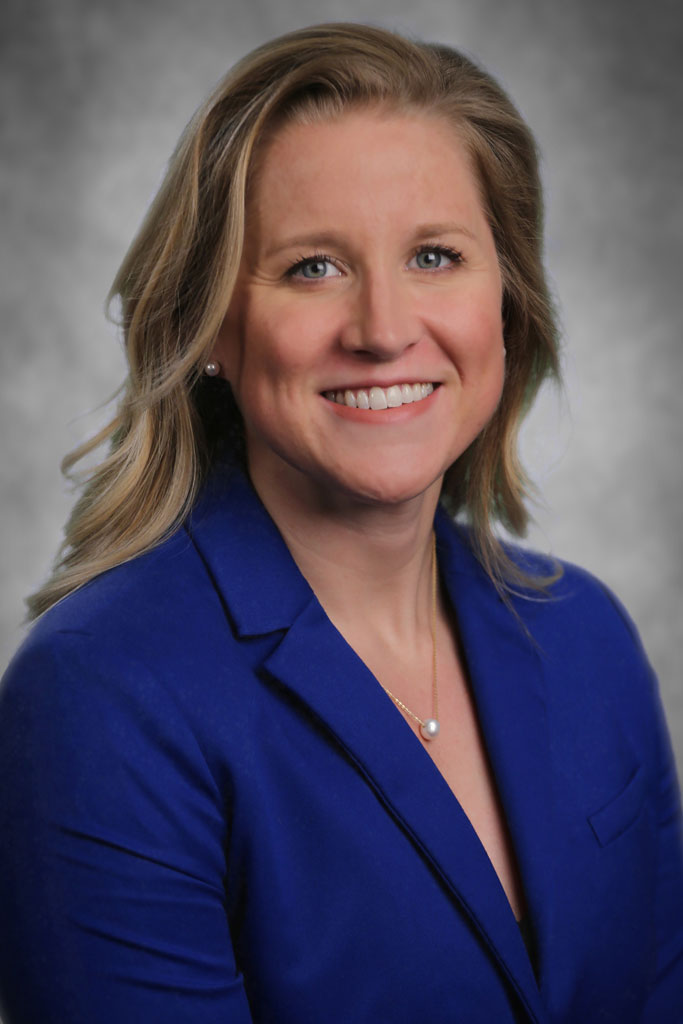
She/ Her/ Hers
Assistant Professor
Acute Care Nurse Practitioner, Duke Heart Center
A personal diagnosis of Long QT Syndrome launched me into cardiology, first as a patient, then as a clinical nurse, and now as a nurse practitioner and educator. The nature of cardiology is that ailments are commonly multisystem disease processes. This requires care from clinicians who have a broad understanding of pathophysiology and the knowledge to address problems in a holistic way. It is challenging, complex, and chronic. It has never been more important for patients to have access to high-quality cardiology providers.
Nurses have a crucial role in teams that provide evidence-based cardiac care at both the acute and primary care levels. Heart disease is so prevalent and requires a holistic and patient-centered approach—an ideal place for nurses!
Learn more about Dr. Tennyson.